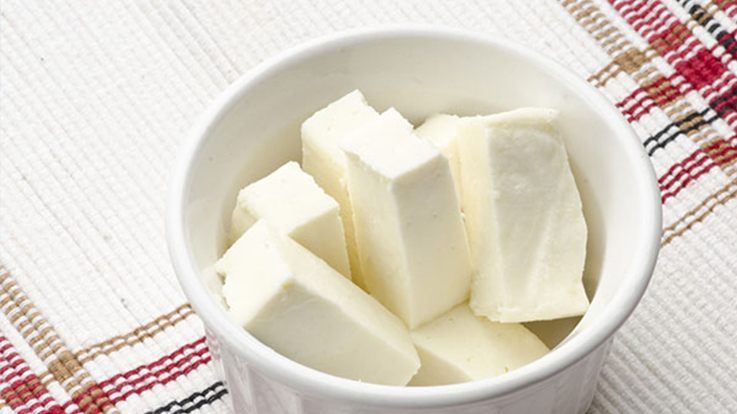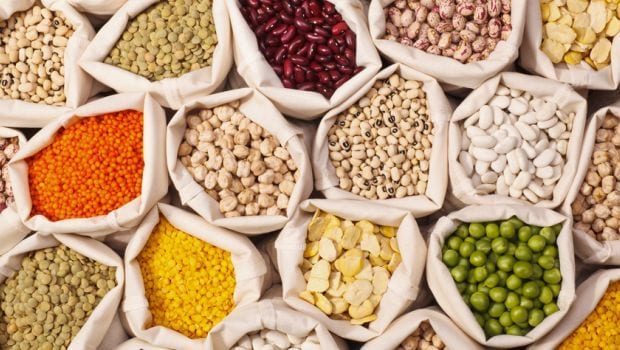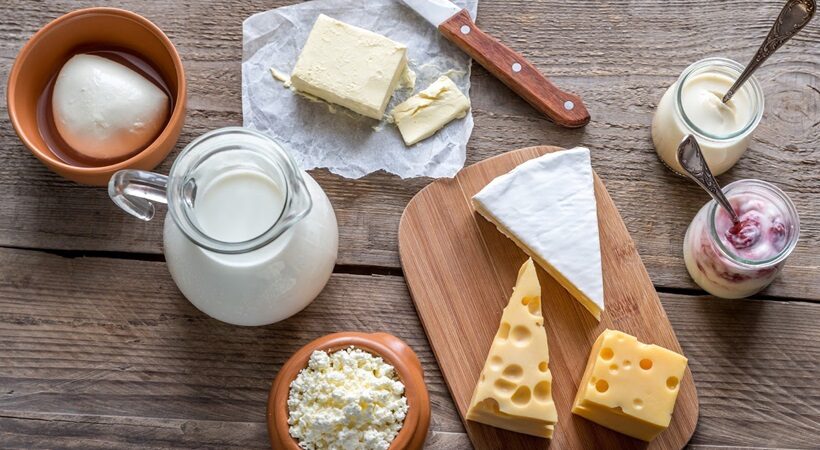It is vital to include an adequate amount of protein throughout the day for your physical well-being to repair muscles, manage blood sugar levels, provide immunity and strength and tone down weight. And if you don’t have sufficient protein based on your body weight (0.8 grams per kilogram of body weight) on a daily basis, it can lead to numerous health problems like fatigue and muscle wastage. For non-vegetarians, there are several high-protein sources but when it comes to Vegans, the options are limited. However, we have listed out some natural sources of protein for a balanced diet.
Read More: Run Today For A Healthy And A Better Tomorrow
Paneer or Cottage Cheese

About 15 grams, in half a cup, of paneer is a great way to up your protein and most Indian families would like to include it in their diets. You can include it in any meal, but it is more beneficial as a late-night snack.
Milk

With almost 8 grams of protein in a cup, enjoy a glass of smoothie or milkshake for breakfast. However, try to get milk from a cow raised by natural and organic farming methods and drink it raw.
Dahi or Yogurt

Yogurt carries around 23 grams of protein per bowl plus the added benefits of gut-friendly and bone-strengthening Calcium.
Lentils

Lentils need to be mixed with rice, wheat, or corn to make it a complete protein diet with an abundant dosage of all essential amino acids. So, consider dal with rice as an excellent source of protein for vegetarians. Besides, sprouts are a great source of easily absorbable protein with fibre and Vitamin B and C to build immunity.
Nuts and Seeds

You can include nuts like peanuts, cashews, almonds, walnuts etc, and seeds such as chia, flax, pumpkin, and sunflower to your diet. But do not heat or roast the seeds as this kills the healthy fatty acids they contain. Also, avoid buying processed and packaged nuts as they are full of sodium.
These are some useful and easily available protein choices you could add to your daily diet if you’re not a meat-eater yet don’t want to lose muscle or weight or fall sick due to low immunity. You must meet your daily protein intake ie around 46 grams for an average woman and 56 grams for men.



















